What a difference a director makes. The first two Thor films were met with lukewarm reactions from fans and critics alike. Chris Hemsworth was charming as the titular character, but the stories around him were dull even if they were important to the larger Marvel timeline. Then Thor: Ragnarok (2018) came along, and turned the Norse God into everyone’s favorite Avenger.
Taika Waititi, the writer and director of the film, realized that levity was a godsend, and turned the Shakespearan franchise into a Flash Gordon homage with synths, neon colors, and lots of jokes. It was awesome, and we all loved it. It made all the sense in the world that Waititi would be brought back to helm the next installment, Thor: Love and Thunder, but that film managed to underwhelm just about everyone when it was released in 2022.
There’s been countless Reddit threads, including the one below over on r/movies, that are dedicated to breaking down what went wrong with the film and why it not only fell short of expectations, but has gone down as one of the biggest disappointments in the entire MCU. There’s no shortage of comments and sharp observations regarding the film’s shortcomings, so we decided to throw our hat in the ring and break down what Love and Thunder got wrong.
The answer, as with most things, lies in the execution. On the surface, Thor: Love and Thunder taps into the same colorful irreverence that had propelled Thor: Ragnarok to $800 million plus at the box office, but upon closer inspection, the film pushes this irreverence so far that it makes it difficult to take even the serious parts seriously. The old adage “too much of a good thing” could have been Love and Thunder’s tagline.
The first two scenes in the film perfectly illustrate this problem. We watch in horror as Gorr (Christian Bale) loses his daughter and realizes that the God he had spent his entire life serving was an oaf who thought little of his suffering. Gorr then denounces him, and kills him with a sword, effectively earning the title of “God Butcher.” It’s heavy stuff, and Bale, an actor of immeasurable talent, gives it his all.
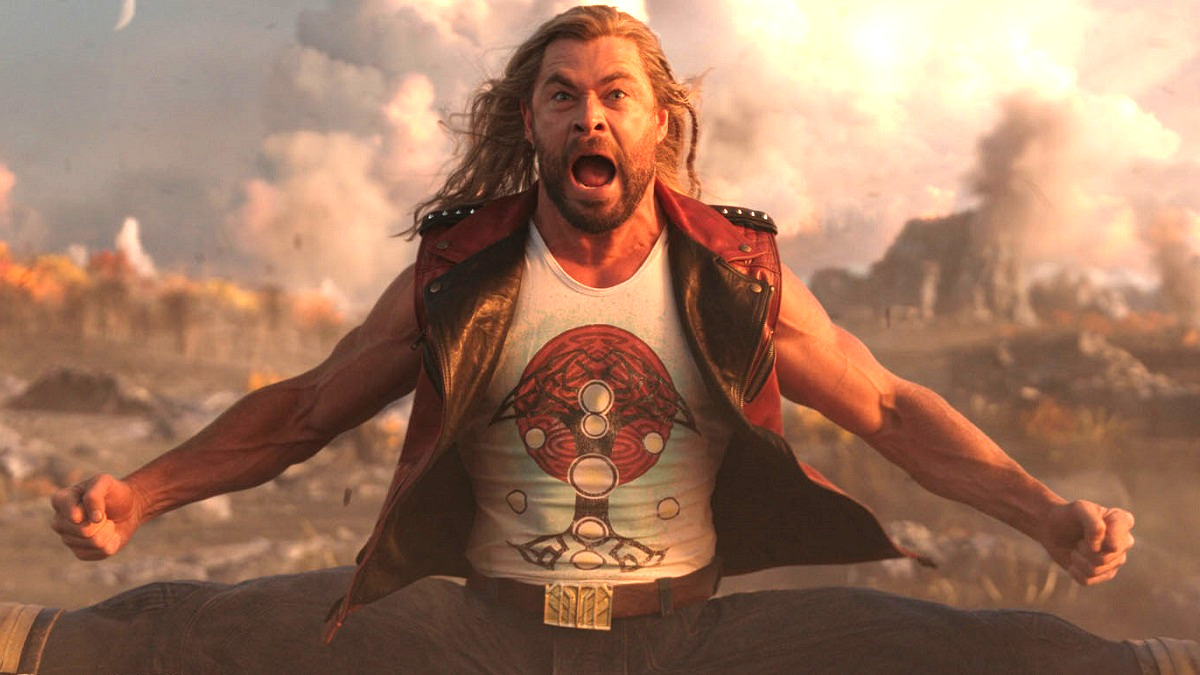
Then, we cut to Thor. He’s meditating in robes, riding his new weapon like a witch’s broom, and fighting an alien battle single-handedly, only to have it backfire and lead to the destruction of a sacred structure. So much happens, and none of it is treated with a modicum of seriousness when we just saw the death of a small child minutes earlier. It’s emotional and tonal whiplash, and Waititi doesn’t settle into either camp for the duration of the runtime.
While Ragnarok is best remembered for its set pieces and the rapport between Thor and Valkyrie (Tessa Thompson), the best scenes are actually the ones that are played straight. The death of Thor’s father, Odin (Anthony Hopkins), is delicately handled, and the acknowledgement that the Norse God has to confront the sins of his family is carried all the way through to his final confrontation with his villainous sister, Hela (Cate Blanchett).
Conversely, Love and Thunder can’t help but chase every dramatic beat with a joke. The death of Loki (Tom Hiddleston), a devastating event in Avengers: Infinity War (2018), is completely undercut by the revelation of a dumb Loki tattoo on Thor’s back. The devastating emotional impact of Dr. Jane Foster (Natalie Portman) dying to protect a group of intergalactic children is cut short by her insistence that she goes by “Mighty Thor” instead of “Lady Thor.”
These tonal mismatches might be easier to swallow if the vision, and the intention of the film, was strong as a whole. It’s not. Waititi handles writing and directing duties again, but the drive that fueled his take on Thor in Ragnarok seems to have gone on autopilot. Both Portman and Hemsworth revealed so much improvisation was done on the set of Love and Thunder that entire plot points were being made up on the fly. This kind of approach may be suitable for a Judd Apatow-style comedy or a small indie drama, but for a blockbuster with a decade of backstory, it’s woefully ineffective.
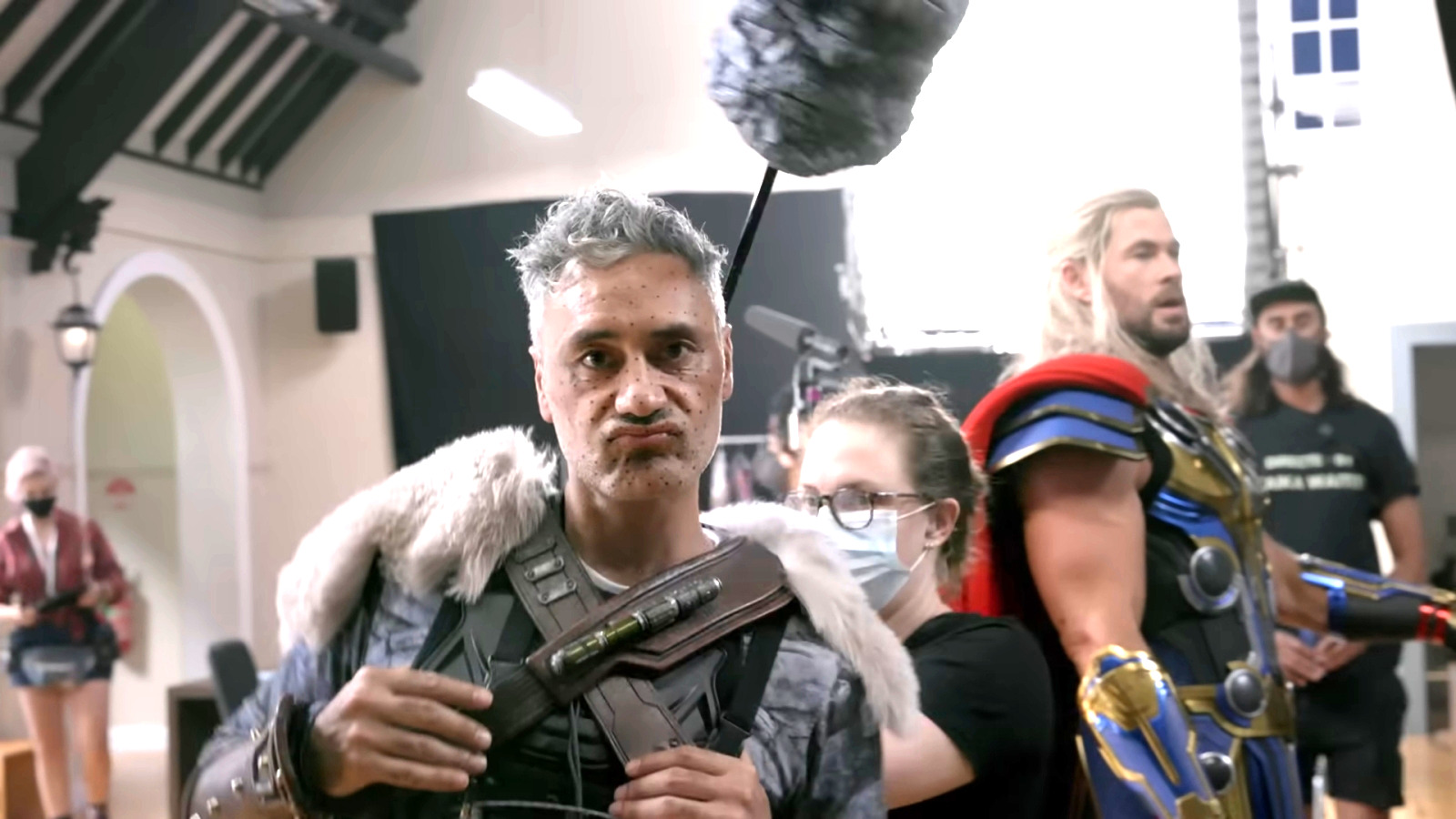
It’s frustrating, because there are good elements to Love and Thunder. The chemistry between Hemsworth and Portman is the strongest it’s ever been, especially during the montage that looks back on their relationship. The former is still wildly charming as Thor, and the added wrinkle of him navigating a love triangle between his hammer and his battle ax is something that feels like the right kind of silly for the story. For every battle ax bit, though, there’s a swing-and-a-miss like the screaming goats or the Melissa McCarthy cameo. Or whatever the hell accent Russell Crowe is doing in his tedious appearance as Zeus.
Waititi’s reputation has gone through quite the transformation in recent years. He was hailed as a breath of fresh air when Ragnarok came out, but he’s become the de facto choice for studios when it comes to making blockbuster fare (he’s currently signed on to do a Star Wars spinoff and a live-action Akira film) and fans online are getting tired of seeing his name. Whether or not this is fair is up to the individual fan, but seemingly lazy efforts like Love and Thunder are not helping to reinvigorate his brand.
Waititi has said he’s open to directing another Thor film, and he’s even worked up a pitch for it. All we can ask is that he study what worked on Ragnarok and what didn’t work on Love and Thunder before putting pen to paper and deciding where the Norse God goes next.

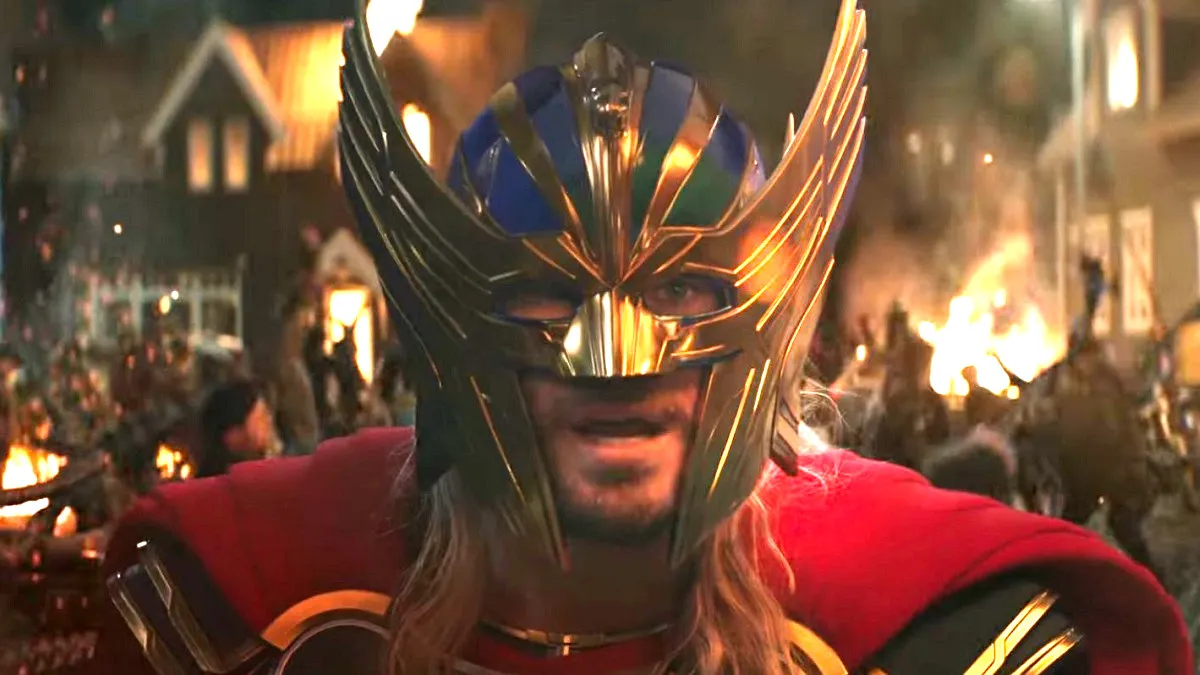
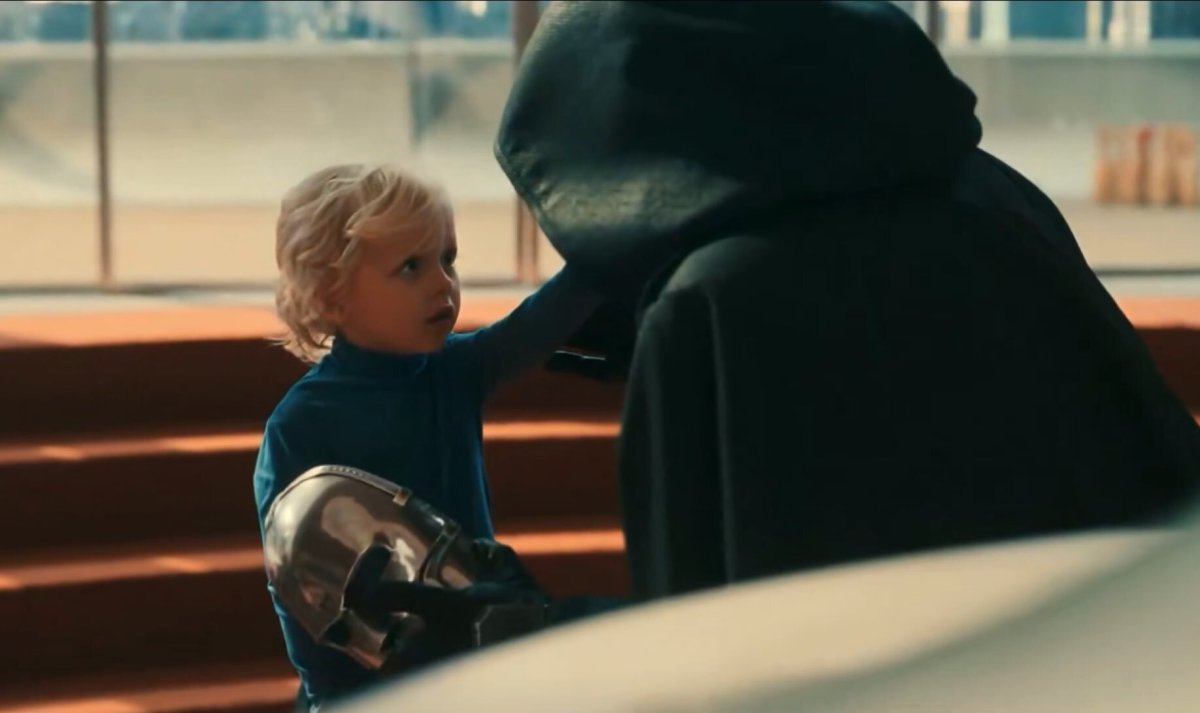
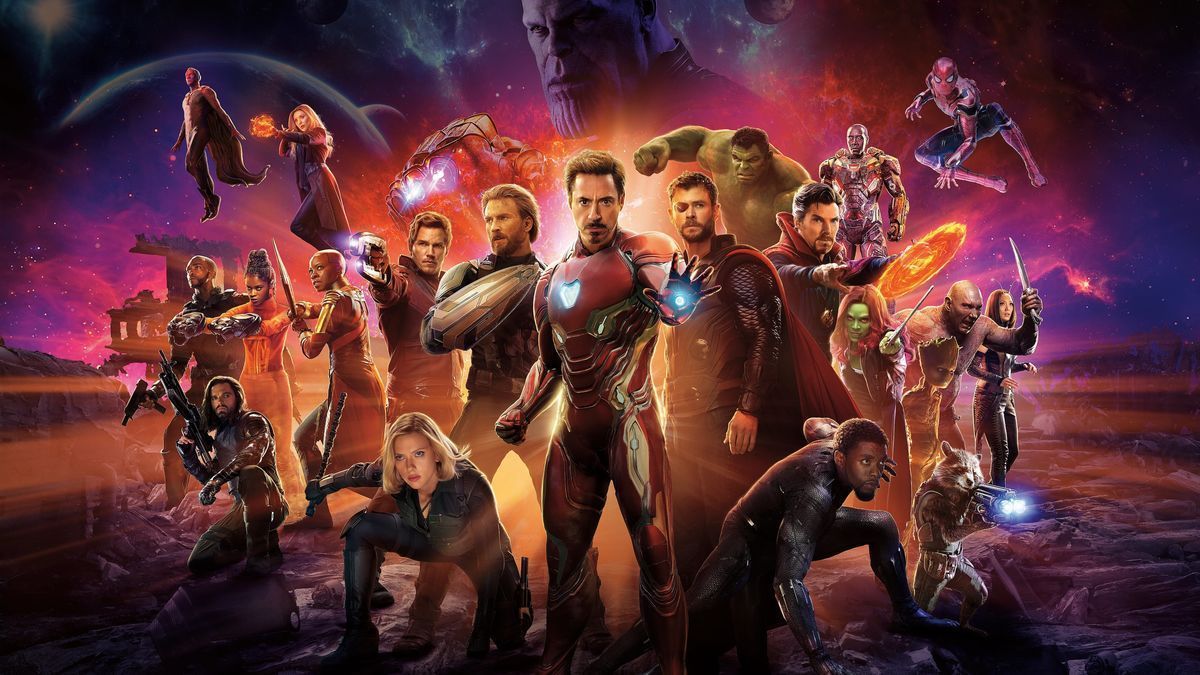
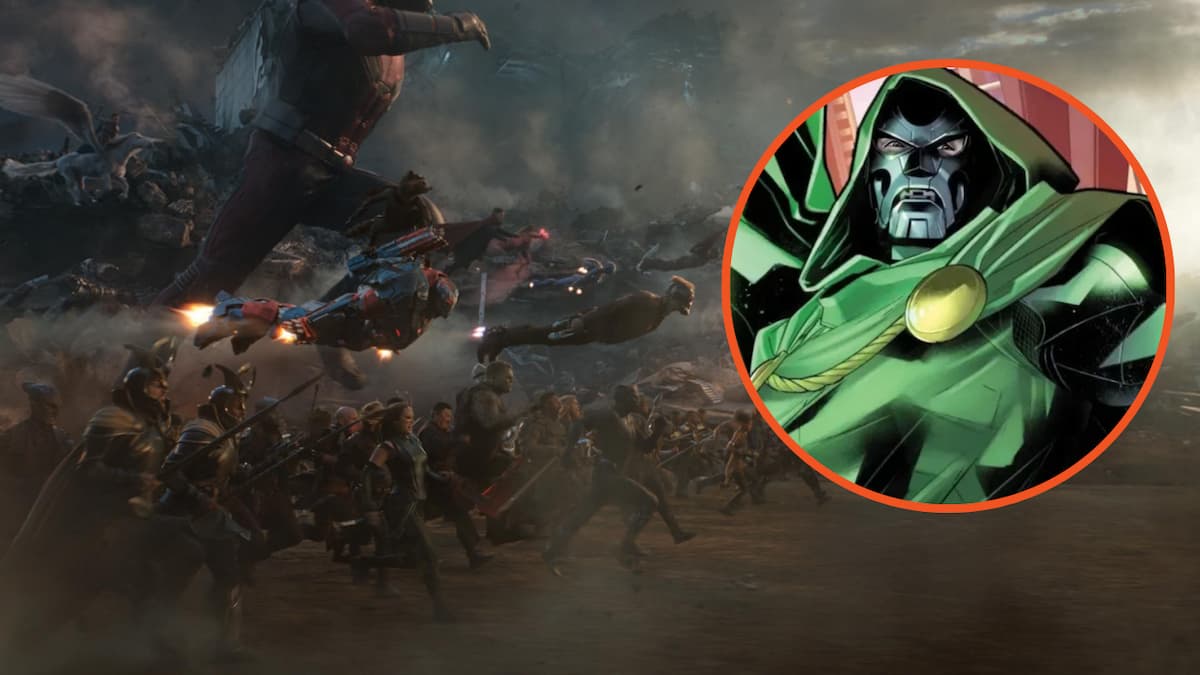
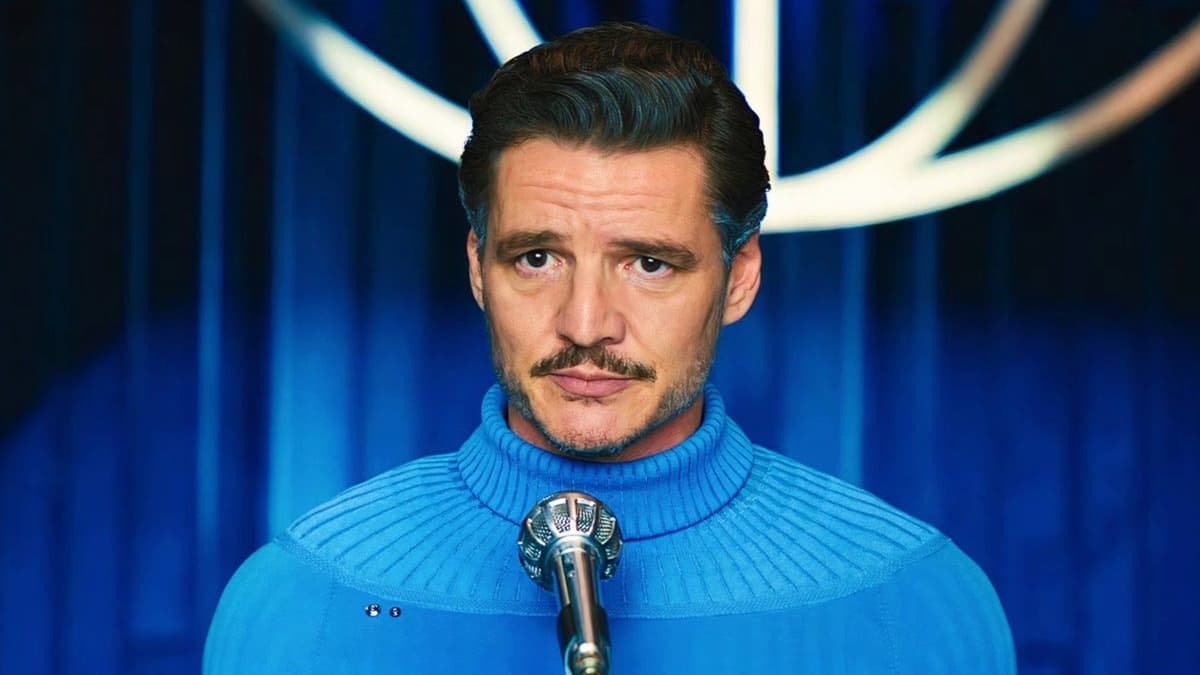
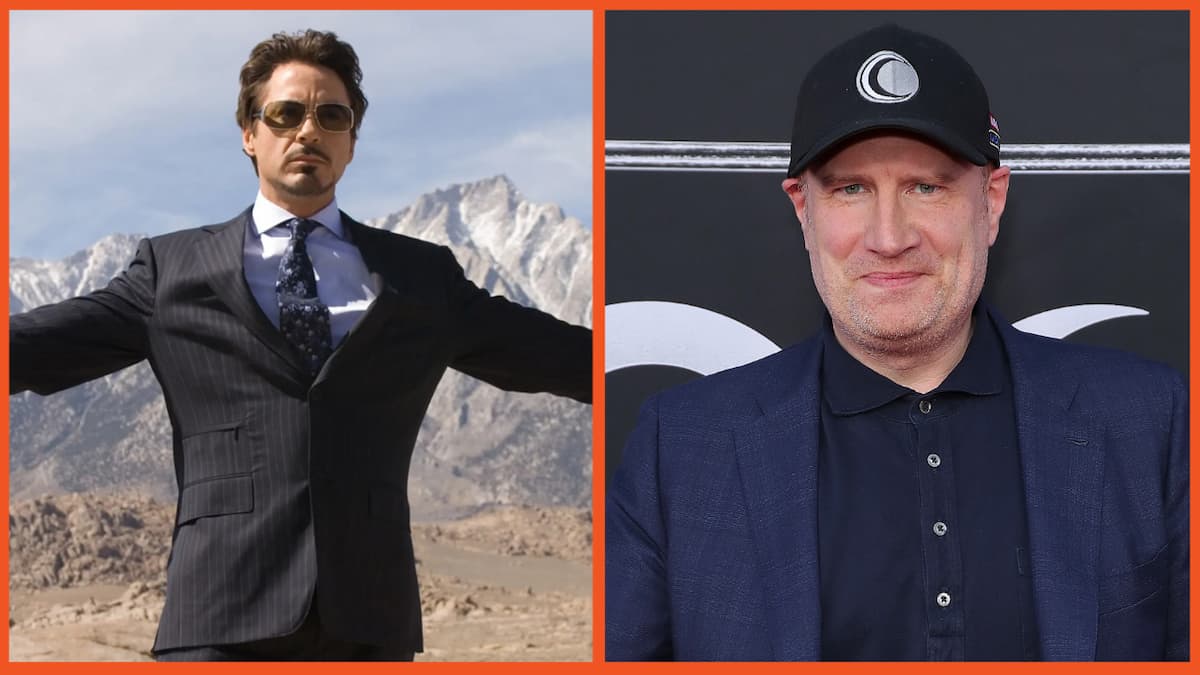
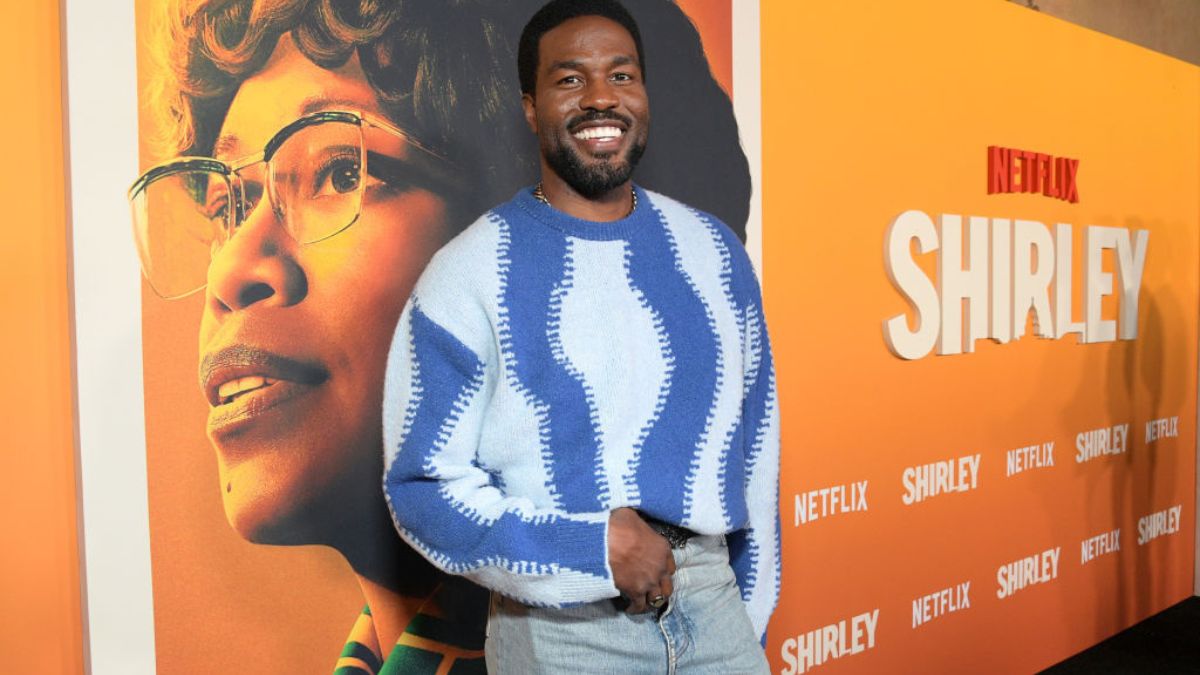
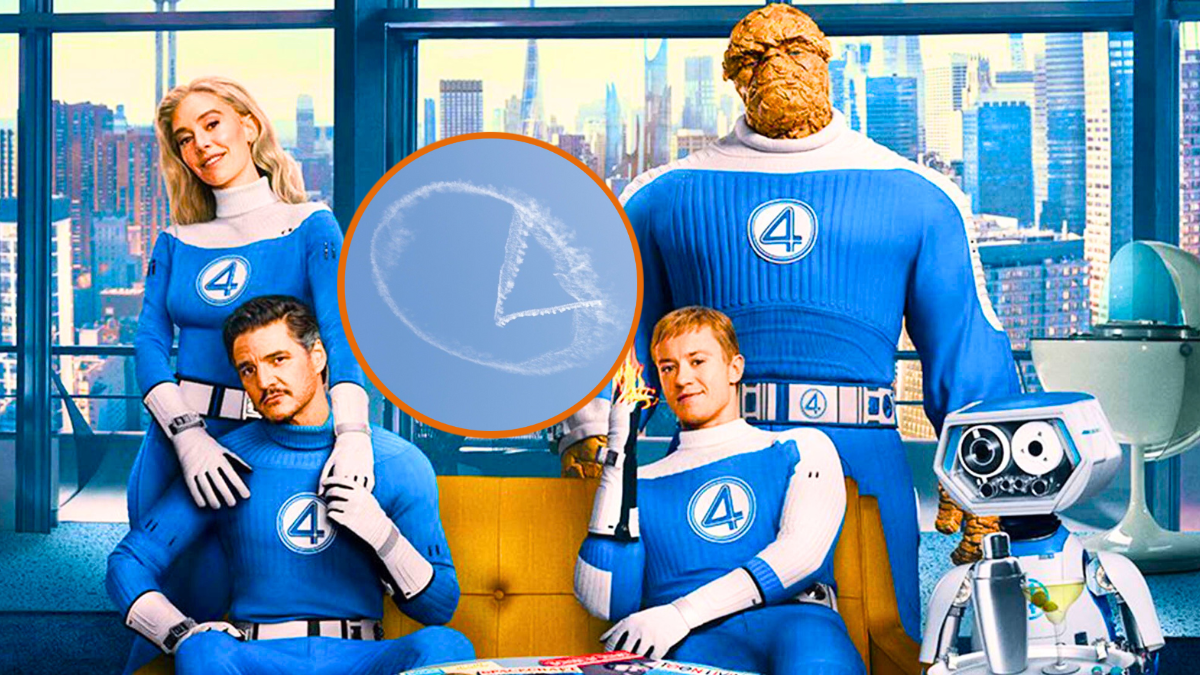
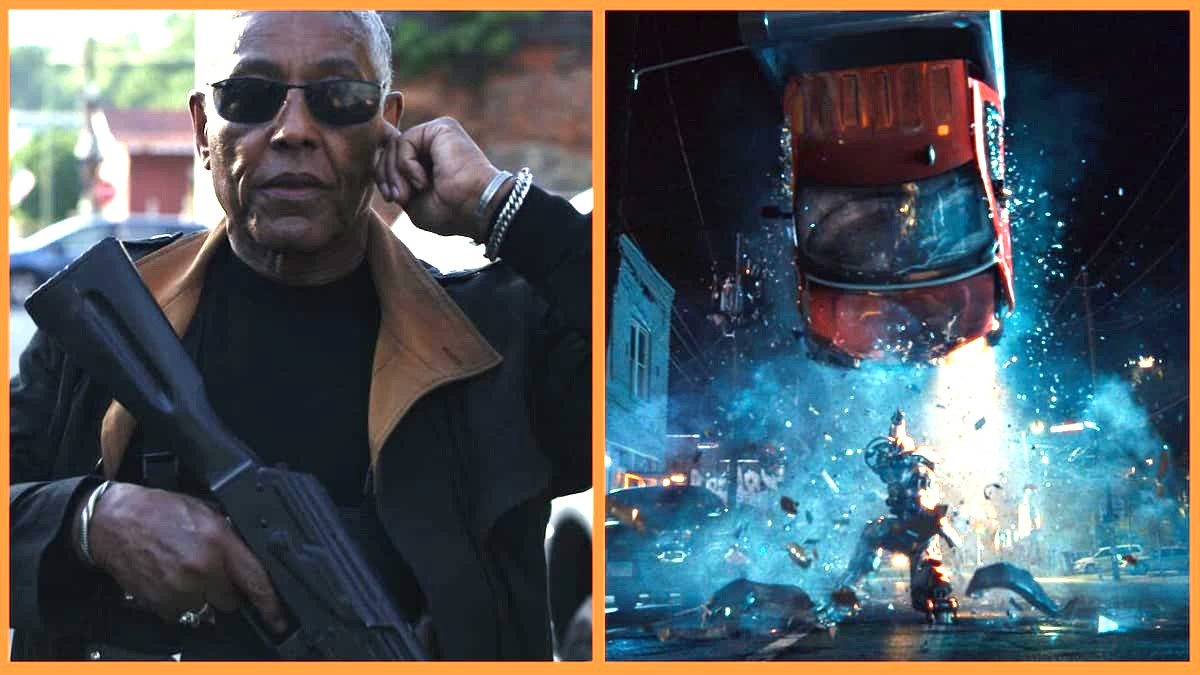

Published: May 16, 2023 01:47 am